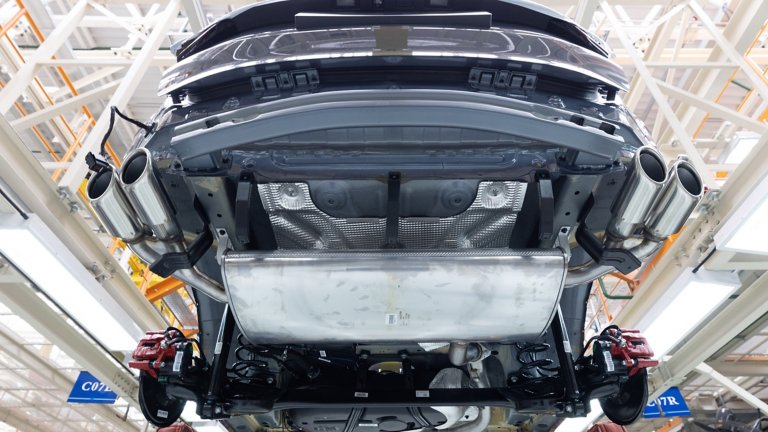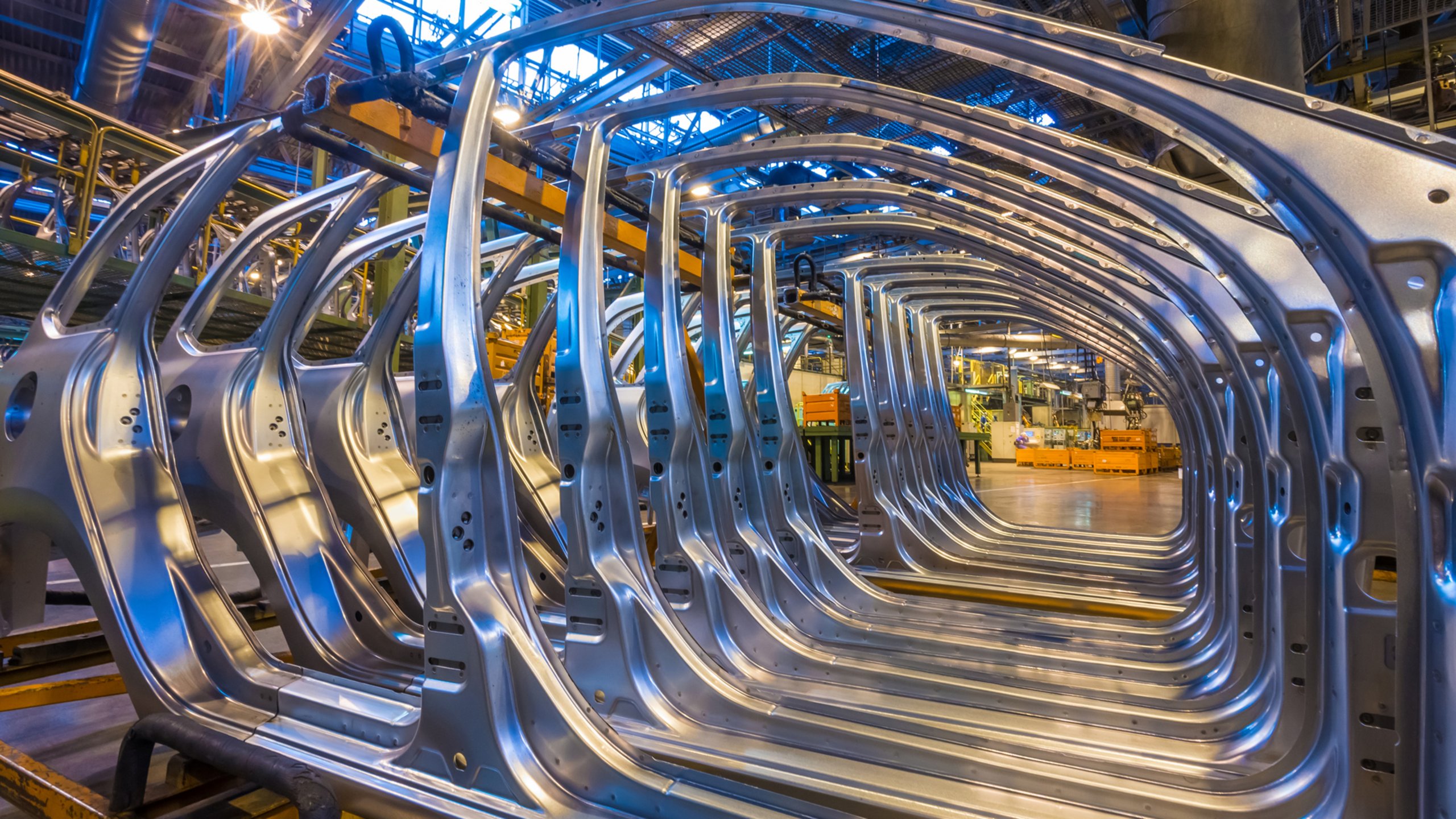For automotive Tier suppliers, demanding delivery commitments and iron-clad contracts are nothing new. But if you’re like most suppliers I have met with lately, an aggressive schedule and monetary constraints are just a backdrop to an increasing list of complex challenges that threaten profitability.
While the entire automotive landscape has felt the growing pains of an industry in transition in unprecedented times, Tier suppliers are most likely to find themselves in a strictly reactionary mode. It doesn’t have to be that way.
Thanks to advances in digital technology and the growing availability of consultative services, Tier suppliers can find ways to take more control – even in circumstances beyond their control.
Facing a New Reality
Automotive suppliers face one of the most challenging production environments in decades. And current economic and industry conditions will likely impact Tiers for years to come. Some examples?
- Increasing inflation. After years of negligible inflation, the current rate in the U.S. – and other leading auto-producing countries – is increasing. For Tier suppliers bound by contracts that leave no room for price hikes, increased material costs must be absorbed.
- Labor/skills shortages. For Tiers, the ongoing skills shortage is accelerating. They struggle to obtain new talent. And the talent they have is walking out the door.
- Sporadic production cycles. Due to the unreliable supply of semiconductor chips and other materials, brand owners’ manufacturing schedules are less predictable. For Tier suppliers who must meet “just-in-time” delivery, this volatility often translates to inefficient “stop and start” production.
- Electric vehicle (EV) evolution. To meet the demands of an industry transitioning to EVs, suppliers must often reinvent their business. But while they want to invest in R&D to do so, current economic stresses are rerouting their investments.
- Vertical integration of the supply chain. Scarred by recent supply chain issues, automakers are reassessing what is core to their business and better handled in-house – and what should be outsourced to suppliers.



